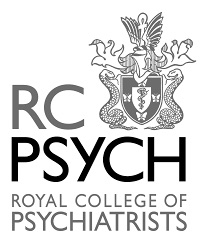Mental health includes our emotional, psychological, and social well-being. It affects how we think, feel, and act. It also helps determine how we handle stress, relate to others, and make choices. Mental health is important at every stage of life, from childhood and adolescence through adulthood.
Over the course of our lives, if we experience mental health problems, our thinking, mood, and behavior could be affected. Many factors contribute to mental health problems, including : biological factors, such as genes or brain chemistry; life experiences, such as trauma or abuse ; family history of mental health problems.
Mental health conditions that may be diagnosed and treated by a psychiatrist include:
-
anxiety / phobias / obsessive compulsive disorder (OCD)
-
depression and bipolar disorder
-
post-traumatic stress disorder (PTSD)
-
schizophrenia and paranoia
credit: World Health Organization (WHO)
Resources in English
The Royal College of Psychiatrists has published user-friendly and evidence-based information on mental health problems, treatments and other topics, written by psychiatrists with help from patients and carers.
Resources in French
Psycom publishes leaflets with user-friendly and evidence-based information on mental health problems, treatments and other topics written in collaboration with psychiatrists and the public health sector.

